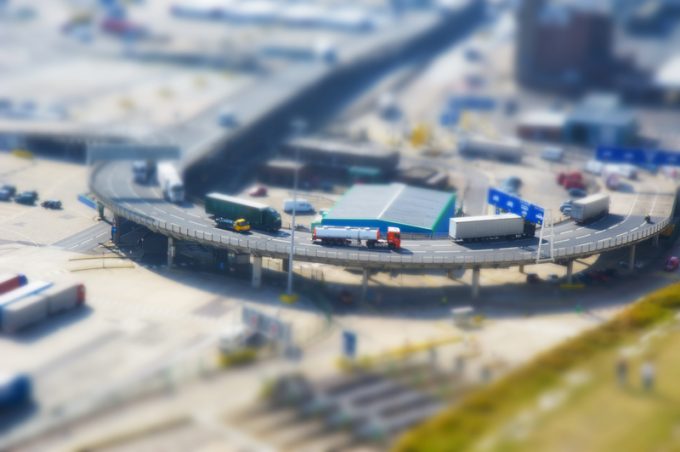$1.5m China-built ship charge would bring return of US port congestion
The million-dollar-plus charges for Chinese-built vessels calling at US ports would unsurprisingly put inflationary pressure ...

The UK government is exploring plans to expand the number of inland border control posts (BCPs) to handle any overflow customs checks in the post-Brexit environment.
With the UK’s final departure from the EU set for 1 January, an updated border operating model confirms that a further five inland sites are being studied as potential BCPs.
Facilities at Thames Gateway, Birmingham, Holyhead, Fishguard/Pembroke and Dover would increase the number of BCPs to 10 and would be intended to become operational in July.
According ...
Asia-USEC shippers to lose 42% capacity in a surge of blanked sailings
USTR fees will lead to 'complete destabilisation' of container shipping alliances
New USTR port fees threaten shipping and global supply chains, says Cosco
Outlook for container shipping 'more uncertain now than at the onset of Covid'
Transpac container service closures mount
DHL Express suspends non-de minimis B2C parcels to US consumers
Zim ordered to pay Samsung $3.7m for 'wrongful' D&D charges
Flexport lawsuit an 'undifferentiated mass of gibberish', claims Freightmate

Comment on this article